People
Dr. Elissa Newport
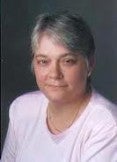
My primary research interest is in the acquisition of language by young children, in the relationship between language acquisition and language structure, and in the acquisition of language by children and adults after damage to the brain.
One line of research focuses on the language acquisition process, investigating how learners go from linguistic input to knowledge of the grammar of a language. Part of this research examines the input children receive for learning English, and analyzes the extent to which this input is capable of supporting the rules children form. Another part of this research examines unusual children around the world acquiring creole languages, where input is extremely reduced or inconsistent, but where children seem to acquire complex rules nonetheless. This research includes studies of the emergence of young sign languages in Nicaragua, Japan, Israel, and the U.S.
We also study both normal acquisition and creolization using miniature languages presented to learners in the lab, where we can control both the input and the structure of the language, to see how the learning process actually works. Understanding this learning process (which we call “statistical learning”) involves identifying the particular computations learners make in analyzing the language, and also understanding the constraints and biases in these computational processes that may give rise to phenomena like creolization.
A second line of research concerns maturational effects on language learning, comparing children to adults as first and second language learners, and asking why children, who are more limited in most cognitive domains, perform better than adults in language acquisition. These studies involve the acquisition of signed and spoken languages at varying ages.
We also study human learners acquiring musical and other nonlinguistic patterns to see where the constraints on sequential learning differ across domains.
A long-term interest concerns understanding why languages universally display certain types of structures and considers whether constraints on pattern learning in children may provide part of the basis for universal regularities in languages of the world.
My newest area of research examines children and adults acquiring – or reacquiring – language after injury to the brain. We are studying recovery from perinatal stroke in children and comparable ischemic strokes in adults, asking whether it is true, as has been claimed, that children recover language much better than adults, and if so, what mechanisms underlie this process that may help us to improve stroke recovery in adults.
Meet the rest of our lab!
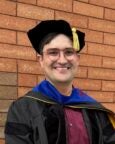
Trevor Day
Postdoctoral Research Fellow
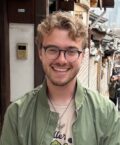
Calvin Engström
Lab Manager
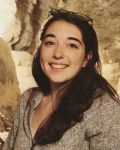
Carolyn Gershman
IPN and Cognitive Science Graduate Student
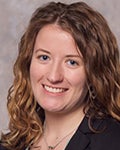
Heidi Getz
Research Assistant Professor

Avery Kaye
Research Assistant

Jessica Kotfila
Adjunct Professor
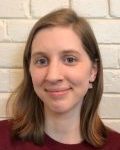
Madeline Marcelle
IPN Graduate

Natalya Vladyko
IPN Graduate Student
Student Research Assistants

Jackie Li
Student Research Assistant
Research Collaborators

Richard Aslin
Research Collaborator
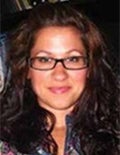
Jennifer Culbertson
Research Collaborator
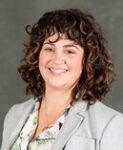
Alix Fetch
Research Collaborator

Barbara Landau
Research Collaborator

Kathryn Schuler
Research Collaborator
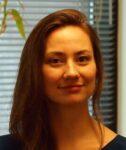
Betsy Sneller
Research Collaborator

Charles Yang
Research Collaborator
